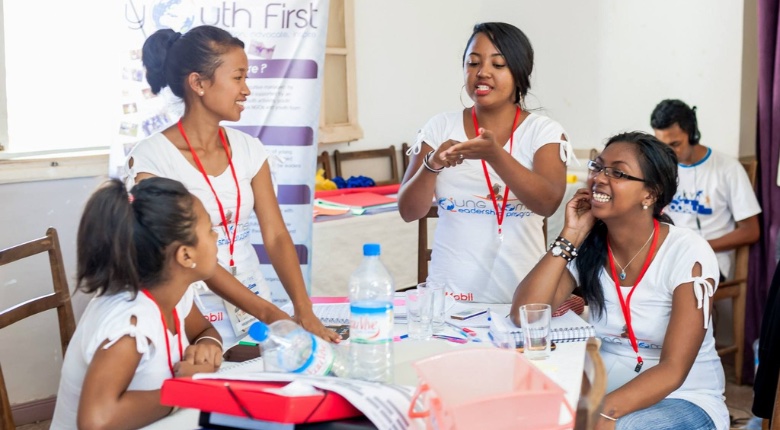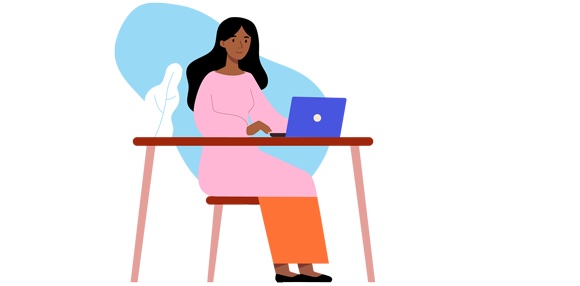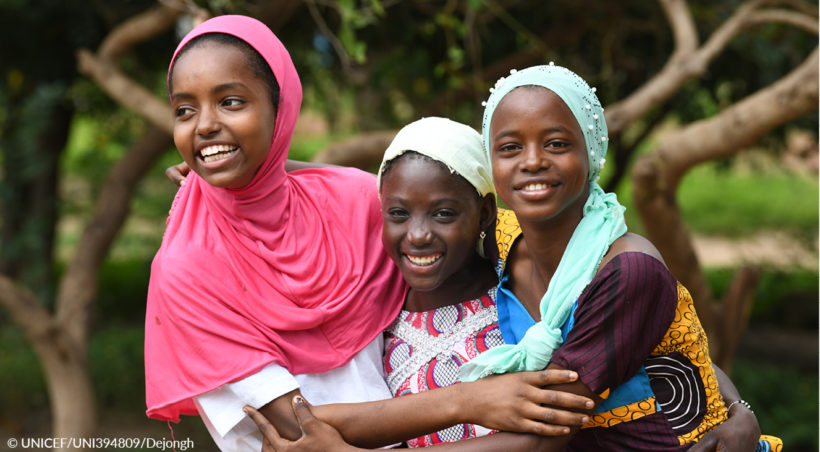
Photo: © UNFPA
Climate knowledge and innovation against violence
By preventing climate-induced gender-based violence (GBV) and other harmful consequences in Madagascar, Mozambique and South Sudan, we create a better life for women and girls.
New evidence shows the direct and indirect effects of climate change on women and girls and their sexual and reproductive health and rights. Climate challenges are driven by persistent and deep-rooted discriminatory socio-cultural norms that justify or condone violence against women and girls and limit them in many areas of life (eg education, health care, economy). This applies especially to women and girls in rural areas. Pregnant women and children experience a particularly large impact on their health. Women's and girls' access to food, water, shelter and livelihoods is limited. Aid, which would normally ensure the safety and protection of women, girls and other vulnerable groups from violence, is disrupted or absent.
By 2025, climate change will cause at least 12.5 million girls in 30 low-income countries (22 of which are African countries) to drop out of school. Climate change-related circumstances are exacerbating the drivers of child marriage, and rising temperatures may affect intimate partner violence experienced by women and girls.
Women and girls from vulnerable communities experience the most challenging effects of climate change. Their active commitment to finding solutions is therefore crucial for lasting change. By integrating their perspectives, solutions become more tailored, benefiting all members of society.
How does Zonta help?
During 2024-2026, Zonta International has committed to support the UNFPA program “Preventing climate-induced gender-based violence (GBV)” with USD 1,000,000. The project is implemented in Madagascar, Mozambique and South Sudan, some of the most vulnerable countries in terms of climate change globally. This program will strengthen the role of women and girls as key actors and promote their innovative solutions to build resilience and protection against GBV in the context of climate shocks and crises. The emphasis will be on addressing discriminatory social norms.
Goal 2024-2026
To prevent climate-induced gender-based violence (GBV) and other harmful practices through innovative approaches and community-driven measures in Madagascar, Mozambique and South Sudan.
Approximately 500,000 individuals will, directly and indirectly, be equipped with knowledge of the impacts of climate change and trained to identify and initiate solutions to build resilience against climate-induced GBV.
More about the project
A detailed project description of the collaboration between Zonta International and UNFPA is available here.

